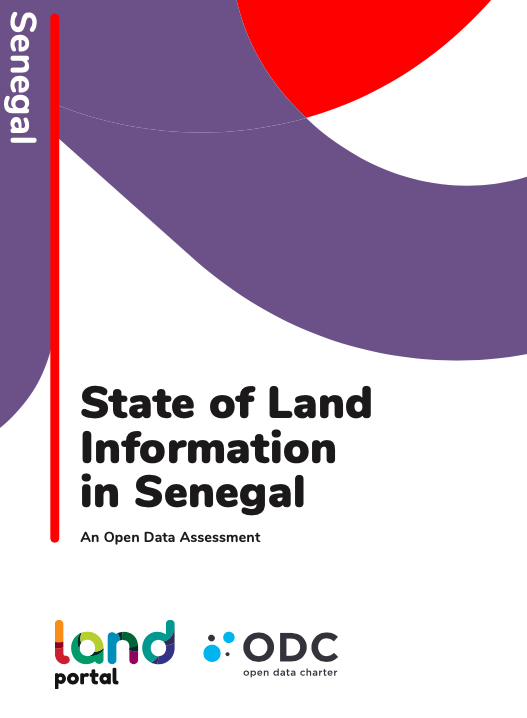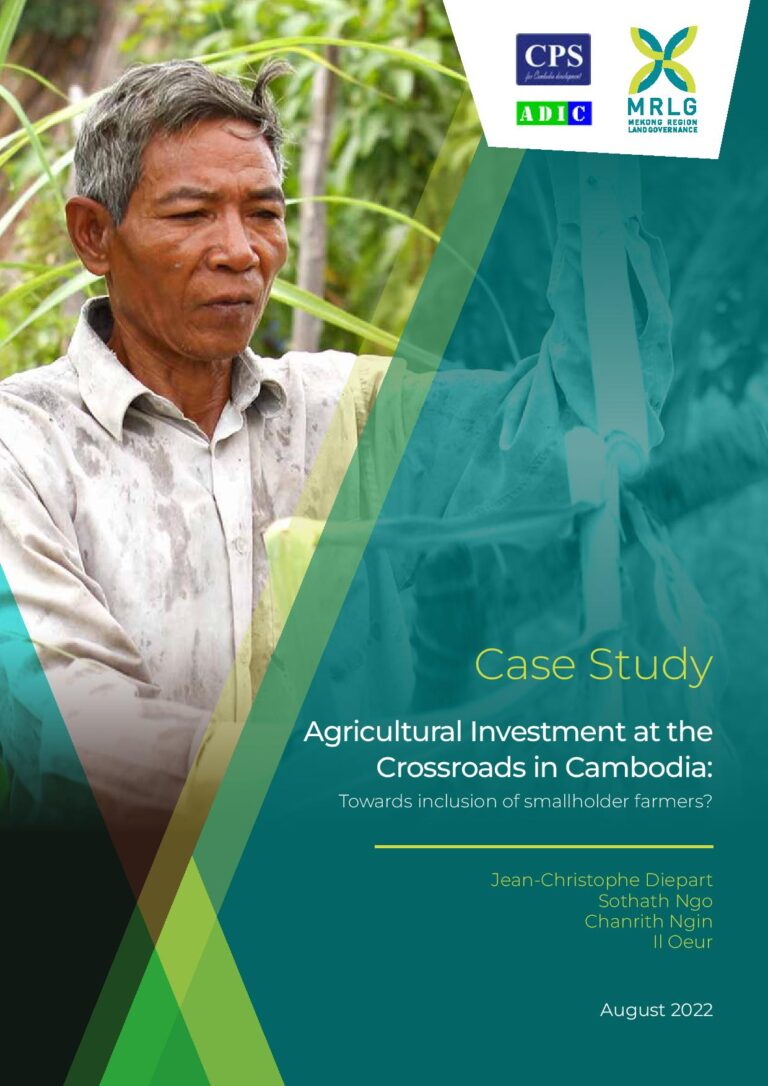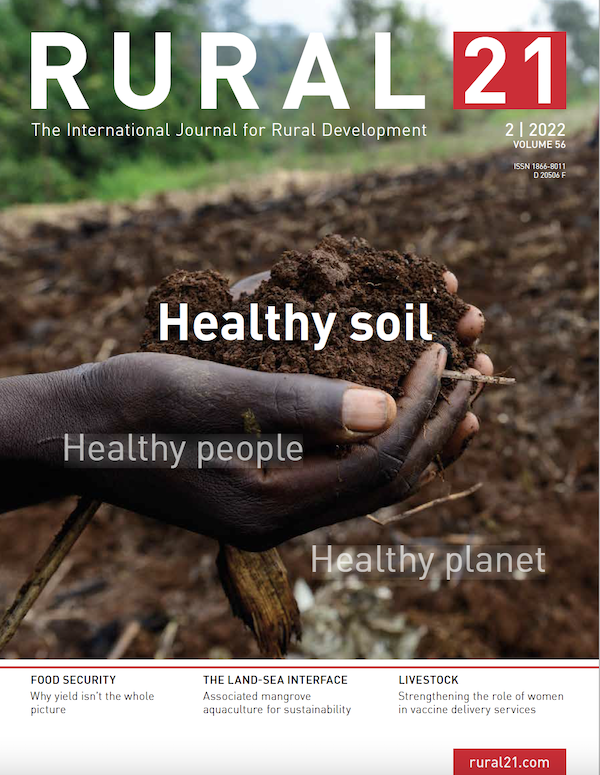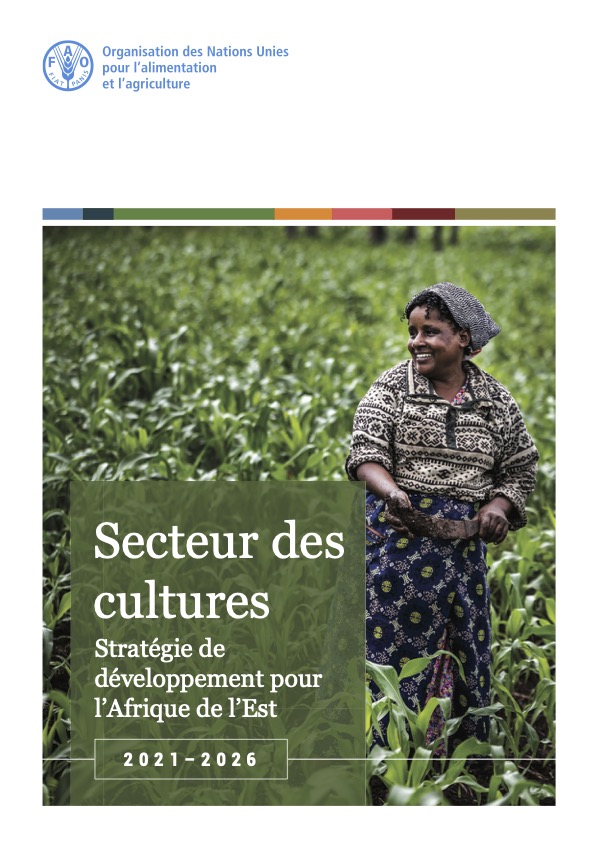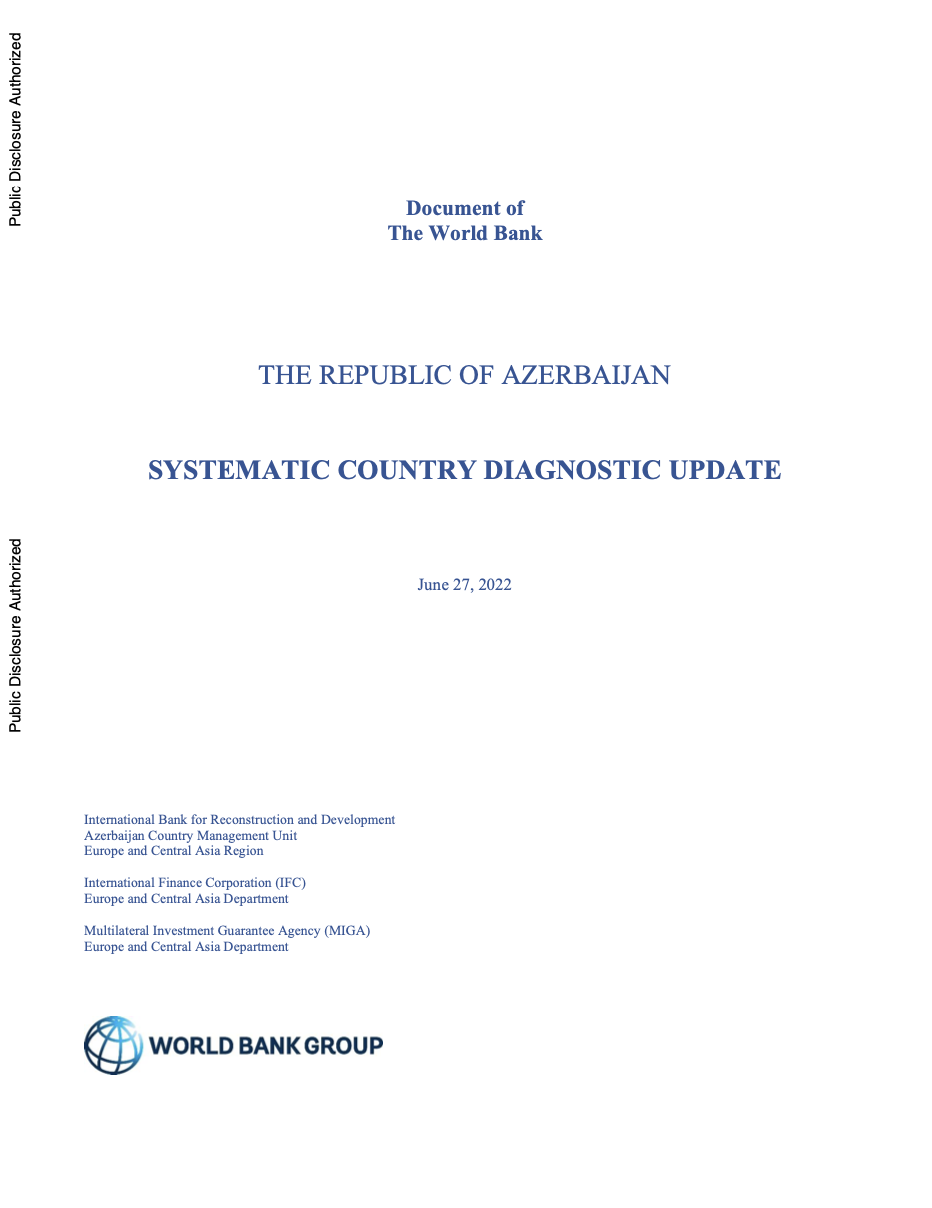Silage maize as a potent candidate for sustainable animal husbandry development—perspectives and strategies for genetic enhancement
Maize is recognized as the queen of cereals, with an ability to adapt to diverse agroecologies (from 58oN to 55oS latitude) and the highest genetic yield potential among cereals. Under contemporary conditions of global climate change, C4 maize crops offer resilience and sustainability to ensure food, nutritional security, and farmer livelihood. In the northwestern plains of India, maize is an important alternative to paddy for crop diversification in the wake of depleting water resources, reduced farm diversity, nutrient mining, and environmental pollution due to paddy straw burning.


